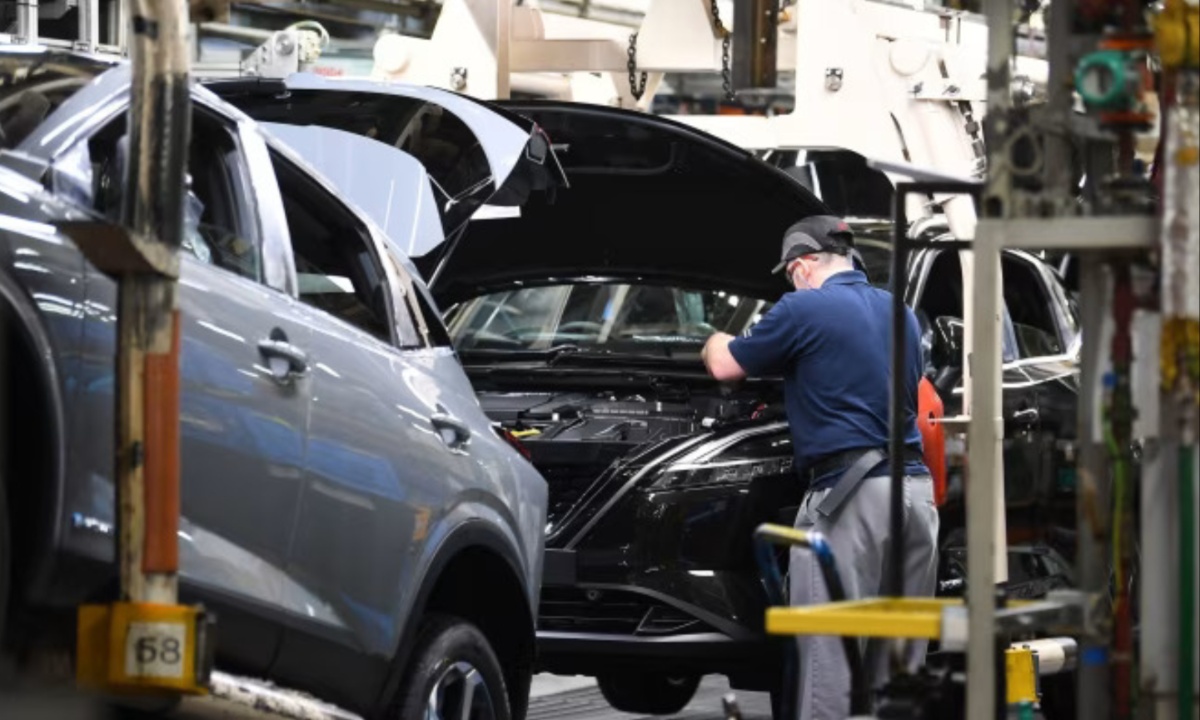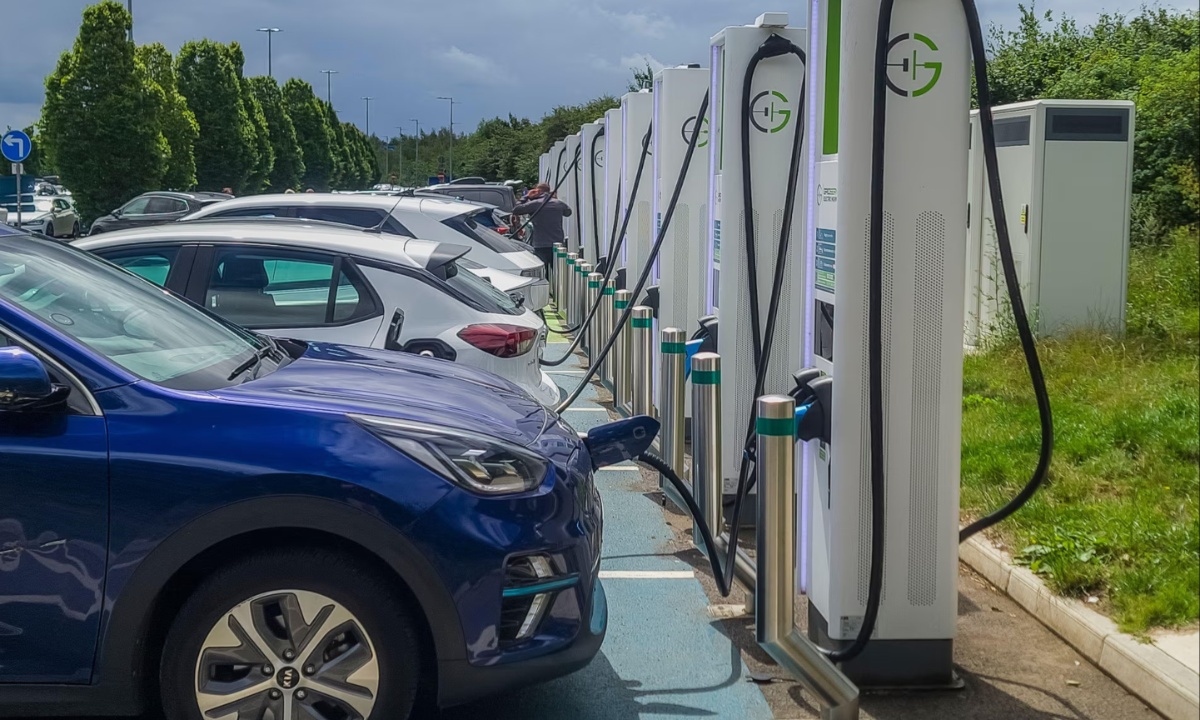The UK government remains steadfast in its electric vehicle (EV) mandate, with Transport Secretary Louise Haigh reaffirming that the targets will not be relaxed. However, she acknowledged the possibility of introducing “flexibilities” to address challenges faced by manufacturers. Under the mandate, an increasing percentage of new cars sold must be electric, culminating in an outright ban on petrol and diesel cars by 2030 and hybrids by 2035. Failure to meet these targets incurs significant fines of £15,000 per vehicle, a concern as EV sales currently lag behind the required percentage for next year.
Amid mounting concerns, Nissan, a major UK automotive player, has warned that the industry is approaching a “crisis point.” With EVs comprising only 18% of new car sales so far this year—below the 22% target for 2024—manufacturers face even steeper challenges as the requirement rises to 28%. This has led to warnings of potential risks to jobs and investments unless policies are adjusted. The government has acknowledged industry anxieties, indicating that it is open to considering all options to ease the transition.

Proposals to assist carmakers include counting British-made EVs sold abroad toward domestic targets, equalizing requirements for cars and vans, and introducing credits for manufacturers to reduce carbon emissions in their operations. Jaguar Land Rover and other stakeholders have presented these ideas to policymakers. Haigh has stated that while the government is listening to industry feedback, its overall ambition for EV adoption will not be diluted.
Nissan, which employs over 6,000 workers at its Sunderland plant and supports tens of thousands of supply chain jobs, has been particularly vocal. The company has invested £6 billion in UK manufacturing, underscoring the stakes of policy decisions. Industry insiders have expressed cautious optimism about potential adjustments, such as recognizing foreign sales, which could ease the burden on domestic targets without undermining climate goals.
Despite these discussions, the government remains committed to its broader strategy to decarbonize transport. Chancellor Rachel Reeves reiterated in the recent Budget that the sale of new petrol and diesel cars will cease by 2030, with a limited extension for hybrid vehicles until 2035. The outcome of upcoming meetings between Haigh, Nissan, and the wider automotive sector will likely shape the final approach to balancing industrial concerns with environmental commitments.

